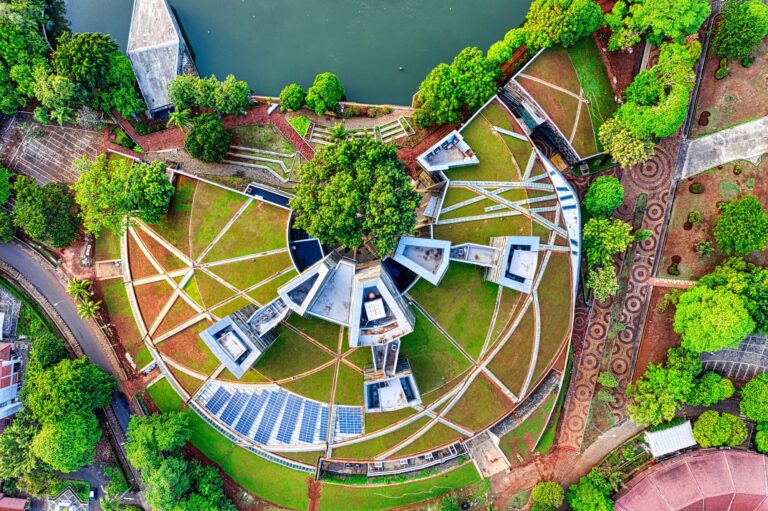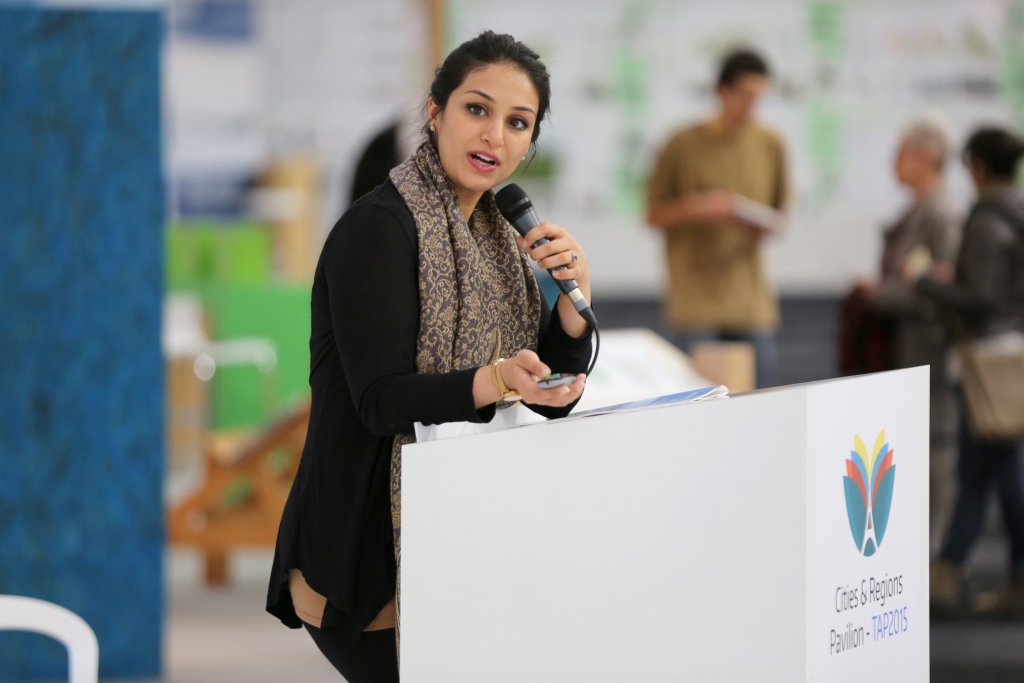9 Days to the World Congress: Cities and Water
Post by Barbara Anton
Cities and water form an inextricable relationship. For centuries, local authorities all around the world have been endeavoring to serve their citizens with the water they need, take care of polluted water and get the water under control when severe floods happen.
 While key for managing a city sustainably, good water policy is by no means a matter of course. Urban water affairs are not only deeply entrenched into the natural water cycle; they also depend on institutions, laws, financial rules and management capacities which determine whether relevant authorities will be able to play their part in urban water services in a satisfactory manner. While progress in science and technologies is rapidly advancing, there are still hundreds of cities lagging behind. Even the political drive triggered by the Millennium Development Goals was insufficient to avoid leaving close to 750 million people without access to an improved source of water. Likewise, access to improved sanitation is still missing for 2.5 billion people.
While key for managing a city sustainably, good water policy is by no means a matter of course. Urban water affairs are not only deeply entrenched into the natural water cycle; they also depend on institutions, laws, financial rules and management capacities which determine whether relevant authorities will be able to play their part in urban water services in a satisfactory manner. While progress in science and technologies is rapidly advancing, there are still hundreds of cities lagging behind. Even the political drive triggered by the Millennium Development Goals was insufficient to avoid leaving close to 750 million people without access to an improved source of water. Likewise, access to improved sanitation is still missing for 2.5 billion people.
Global development in population growth and urbanization put a further strain on existing capacities, including those of local authorities and their water utilities. While today’s fresh water resources have to meet the thirst and hunger of 7 billion people, these resources will have to be shared by 9 to 10 billion people in 2050. Projecting current trends into the future, two thirds of this population is expected to live in cities by that time.
Last but not least, the increasing consequences of climate change are most visible in alterations of the water cycle. Longer and more frequent periods of ‘too much’ and ‘too little’ water will further raise the bar also in urban water management. Many cities in the world are struggling to protect their people, infrastructure and the local economy from the consequences of extreme events – and cities in coastal areas will have to prepare much more rigorously for the enormous risks posed by rising sea levels.
Depending on where they are located and how they are equipped, local governments are affected by such challenges to rather different degrees. For all of them, however, it is critical to do everything possible to ensure long-term water security for the health and livelihoods of their inhabitants. To this end, each government must develop a comprehensive picture of their particular local situation and work with stakeholders at all levels to pool expertise, competencies and financial means. They also need to define the opportunities that can be gained by identifying the linkages of water to the themes of energy generation, food production, climate change adaptation and land-use management. If these are considered simultaneously with water and approached in an integrated manner, effectiveness and efficiency in urban management can be significantly increased.
With a Sustainable Development Goal that is specifically dedicated to water on the horizon, it is now hoped that water issues will receive the political attention and commitment that they deserve. Although not yet finally clear, chances are high that this goal will be approved at the United Nations Summit in September 2015. Local governments should do everything in their capacity to urge their national governments to adopt the goal.
The latter is also part of the strategy laid out in the Daegu-Gyeongbuk Water Action for Sustainable Cities and Regions, the outcome document of the Local and Regional Authorities Conference taking place in Gyeongju, Republic of Korea, as part of the World Water Forum on 13 and 14 April 2015. With the purpose of promoting a “Roadmap for Implementation”, ICLEI has entered into a partnership with the World Water Council, UN-Habitat/GWOPA, UCLG, the National Committee for the 7th World Water Forum, and the Daegu-Gyeongbuk Development Institute to prepare this event and define its messages, which are addressed to government at all levels. The outcome of this process will also define ICLEI’s own approaches in the future for supporting cities world-wide to enter into more integrated and thus more sustainable water management schemes which are suitable to strengthen water security in urban areas.
At the same time, participants in the World Congress are invited to attend the sub-plenary on water, which will take place beforehand at the ICLEI World Congress on Saturday 11 April, from 16:00 to 17:30 at Dongdaemun Design Plaza, Art Hall 1. Designed as a precursor to the World Water Forum’s Local and Regional Authorities Conference, this plenary will discuss “The Future of Water in Cities: Priorities and strategies for local water security“.
And finally, not to be missed at ICLEI’s World Congress by all those with a special interest in water: the Urban Nature 2015 program on 11 and 12 April 2015, which will concentrate this time on theme of “Local Action for Biodiversity and Water“.






